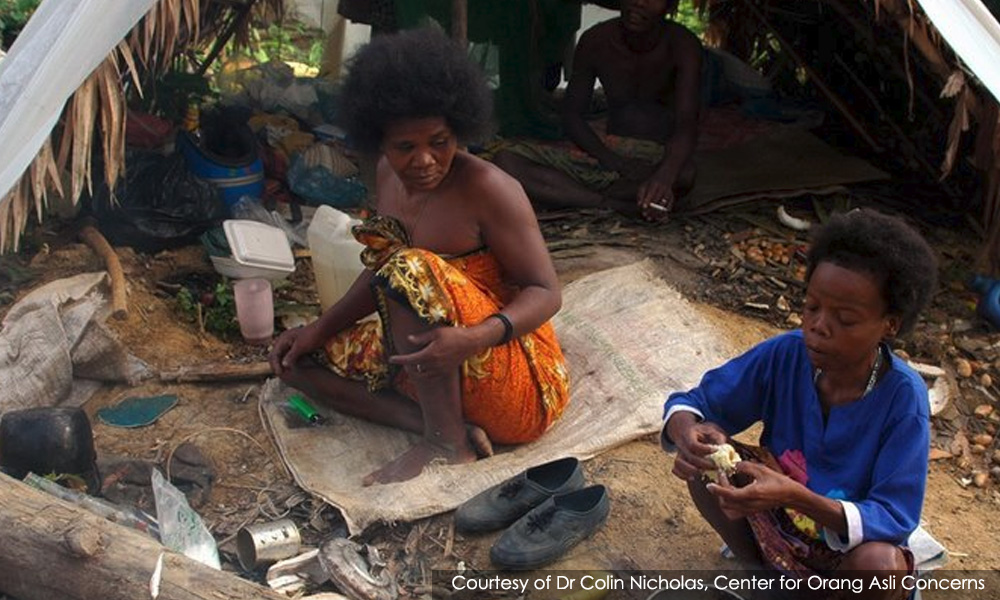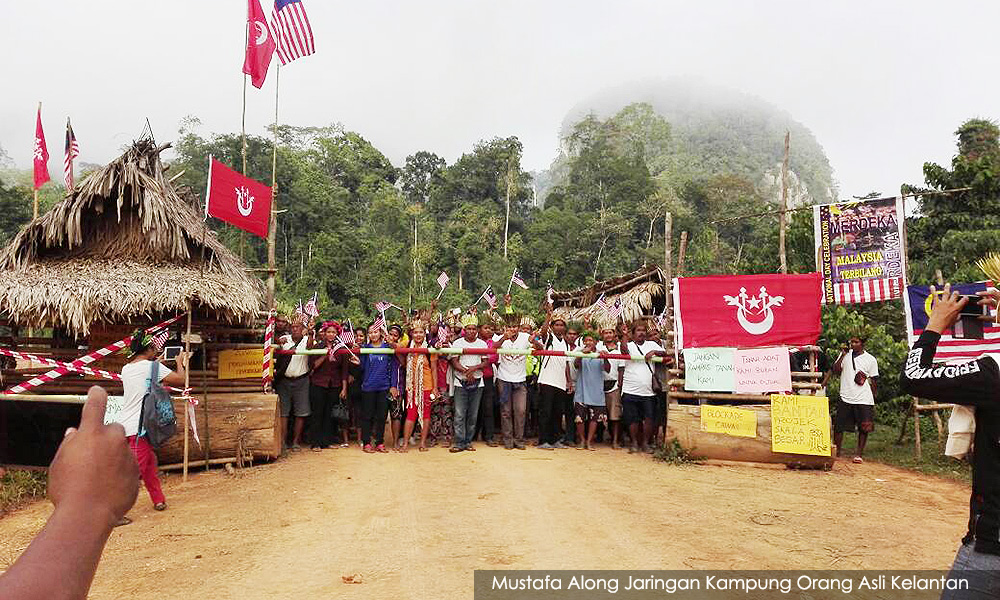Why Orang Asli reforms are so urgent
COMMENT | At present, not a week goes by without reports of new hardship faced by Indigenous peoples in Peninsular Malaysia. From the mysterious respiratory disease afflicting the Bateq community, and the arbitrary arrest and detention of community members defending their land in Perak, to alarming reports that Orang Asli may have been forced to accept birth-control – these are just the latest problems that reflect decades of rights violations and underlying structural neglect.
With each new crisis, it becomes ever more urgent that the government deliver its promised reforms. A recent announcement of a temporary halt to logging activities in Perak is the first step toward a broader effort to uphold Indigenous peoples’ rights across Malaysia. However, a much wider change is desperately needed.
While the injustices grow more visible with every headline, the root problem stays unchallenged and Orang Asli communities have consistently been marginalised, abused, and denied a say in efforts to assert control over ancestral forest land. Their livelihoods, their lives and the natural environment hang in the balance.
Without formal rights to the land they have occupied for generations, the Orang Asli face a constant threat of displacement by predatory companies. From palm oil to durian, timber to rubber, Malaysian produce is in high demand globally, putting huge pressure on Orang Asli land.
When Orang Asli communities try to resist, they face harsh consequences.

Five years ago, the country’s Human Rights Commission, Suhakam, led a national inquiry into the land rights of Indigenous peoples. The result was a set of critical recommendations to secure indigenous rights and provide redress for historic abuses.
Under the previous government, there was little cause to believe these recommendations would be acted upon. But with last year’s change in government, there was hope for change.

Their persistence has earned them national prominence. Earlier this year the Attorney General, Tommy Thomas, announced that the government would sue the state of Kelantan over its failure to protect Indigenous peoples.
“The Temiar community,” he said, singling out Gua Musang as an example, “deserve all the protection that they can get from the federal government.”
Days later another minister, P Waythamoorthy, added that the Orang Asli’s customary right to ancestral land should be upheld and that the landmark Suhakam report would be studied closely.
These are all promising steps but in practice have yet to materialise.
With the glaring neglect of Indigenous peoples becoming increasingly apparent, the government must follow through on its election pledges to the Orang Asli, including to bring for debate the recommendations of the Suhakam national inquiry and to provide redress and adequate compensation for land that was unfairly and unlawfully taken.
This should mean returning the original land to its owners or – only when this is not possible - providing alternative land of equal quality, rather than simple monetary compensation.
The government must also keep Indigenous people and their allies safe from harassment and violence.
As in Gua Musang and elsewhere, the appalling injustices now befalling Perak, the Bateq and others, are just the latest examples of why Orang Asli deserve the government’s full attention.
This crisis has been a long time coming. Research has shown that globally, Indigenous peoples make a vital contribution to forest conservation and climate change mitigation, issues we should all be concerned with.
To ensure a better future for Orang Asli, and the protection of Malaysia’s precious ecosystems, Malaysians should stand with indigenous peoples, and the government must act now.
RACHEL CHHOA-HOWARD is the Malaysia researcher for Amnesty International.
Credit : malaysiakini.com
Source Link : https://www.malaysiakini.com/news/489097




















Post a Comment